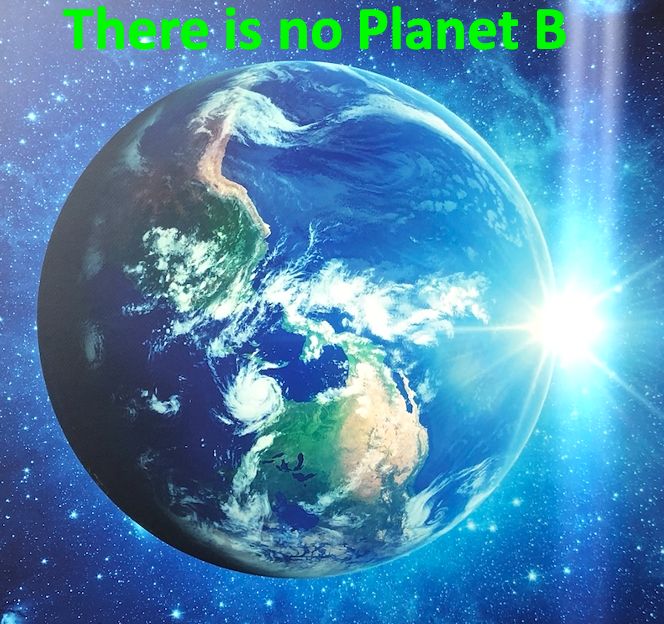B2C Trends 2023 – faster, closer and green? It is all about Infrastructure

(Picture: Jesper Okkels / LinkedIn)
Online we are as close as can be, most of us on all devices, but #B2C is mainly a very physical business. It is about moving goods from A to B to C, and here we still see a trend toward faster and closer, or do we?
FASTER
The q-commerce business is in brutal merger and acquisition modus, and the constant increase in #logistic infrastructure in traditional B2C is under scrutiny.
Companies have started to look for profitability instead of growth, some pressed by their investors, others to protect their bottom line. Maybe the economic speed has already been achieved.
CLOSER
Micro fulfillment centers, Micro hubs, it’s all about micro, but is it realistic to expect all online merchants and carriers to set up an infrastructure close to or in our city centers?
It will significantly increase the cost of operations, in fact it breaks with one of the pillars of ecommerce, that #fulfillment and #distribution locations can be located far away from the consumers at places with low cost and be built significantly bigger than a typical retail location.
GREEN
Delivery fleets are being electrified, bikes and walkers are coming, maybe not always because the carriers want to go green, but because more and more cities and a lot of the customers are requesting or wanting no emission deliveries. And that is good!
Circular economy is on the rise. In Germany all restaurants must be offering #circular packaging alternatives for “To Go”, and the companies in this segment are booming. But is it green? One of the companies admits in an Handelsblatt article that they do not really know. https://lnkd.in/ev8Wu6RQ
Vinted, eBay and other secondhand platforms have seen significant turnover rise in 2022, but profitability doesn’t seem to follow. Will / can this change in 2023?
Circular B2C #packaging will become a major business with the EU demanding a rise in circular packaging. But are these green?
With all these businesses and concepts, it becomes evident that we need standards and norms to certify what is sustainable and what is not, and an auditing system to ensure compliance.
A first step could be #EU legislation against greenwashing like the new laws and directives in the UK https://lnkd.in/eUqGYNK3
Thomas Fugl wrote a great piece on how easy it is to claim #sustainability but very hard to get there.
The three trends are interconnected, and, in the end, it is all logistics with the (uncontrollable?) consumer playing an ever-bigger role. It is our behavior as consumers which will decide if circular systems succeeds. If we do not play along, most of them will backfire as these systems and products require a high circularity to be sustainable.
More at LinkedIn

Jesper Okkels
Founder

